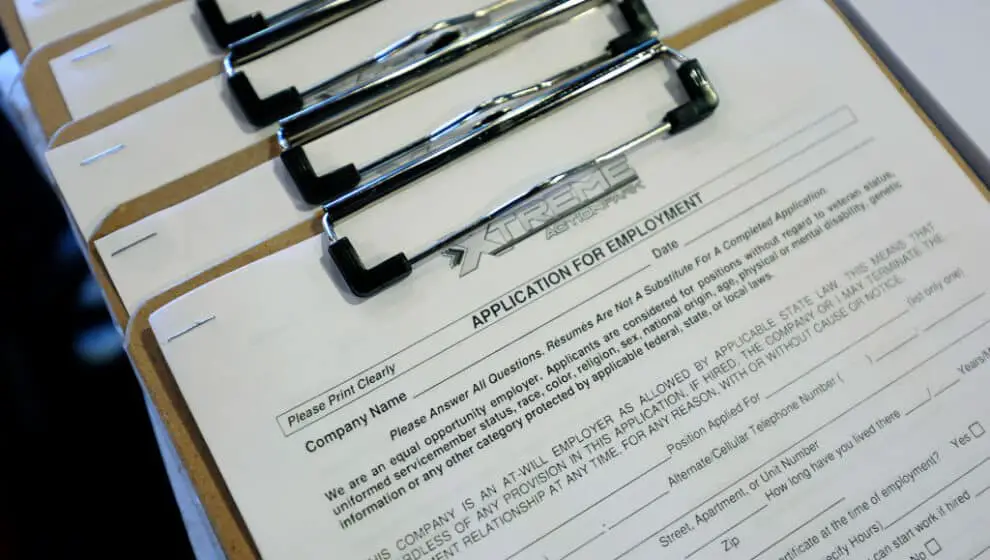One man applied for and was offered a sales job at a software company—then the firm rescinded the offer, providing a larger lesson for job seekers and hiring managers alike.
Key Details
- The job seeker says he faced awkward questions, a sense that he was being interviewed for a job he was not suited for, and overlooked “red flags” that the company would not have been a good fit for him.
- After five rounds of interviews and a job offer, he was informed that the offer was rescinded due to “ongoing business needs,” with the only stated reason for the non-hiring being concession that HR “knows this is frustrating.”
- The man hopes his experience can serve as a warning for others in their job searches to watch out for negative signs in the interview process.
Why It’s Important
In the aftermath of mass tech layoffs, the great resignation, and ongoing economic stressors, thousands of people are looking for a job. The employment economy is currently strong, with 3.6% unemployment. However, interviewing for jobs is still a difficult process of meeting the needs of the business and becoming a good match for its requirements.
As this man’s interview shows, the process is not necessarily stable on the job provider’s side of the issue. Behind-the-scenes issues or corporate changes can unsettle potential job opportunities, and in this case, took up one man’s entire month as he attempted to prove himself to the company.
“Looking back on the experience, I realize there were some red flags that maybe I’d missed or overlooked. Little things felt off during some of my interviews, and I wish I’d listened to my gut,” he says.
Breaking It Down
During interviews, the man was consistently negged by interviewers who believed his moving around between different jobs was a symptom of being a “job hopper,” which he denied. He made it to a second interview that went poorly, but he was given a chance to give a standardized test and passed.
He had a chance to meet the team he was working for, discovering that the responsibilities he would be assigned were outside of his experience. He was not sure if this meant the company couldn’t find a better candidate or if they thought he could do a job he wasn’t formally trained to handle.
“My fifth and final interview was with the company’s new chief revenue officer. But I did realize in that conversation that the job I was interviewing for was posted before the interviewer’s start date. That was not a good sign: There’s often a shift in strategy when a new chief revenue officer enters the picture,” he says.
In the end, HR informed him six days before the job was supposed to begin that they wouldn’t be proceeding further. He says he would have preferred to hear the bad news from the manager, with a greater explanation of why the company had backed out of his desperately needed job offer.
Notable Quote
“I took a day to sulk, and now that some time has passed, I’m over it. I’m lucky to be staying with my family right now—I’m so glad I don’t have kids or a mortgage. I’ve got some new interviews lined up at a few companies, so I hope to get a new job soon. I hope I’m someday able to look back on this experience as a blessing in disguise,” he says.
